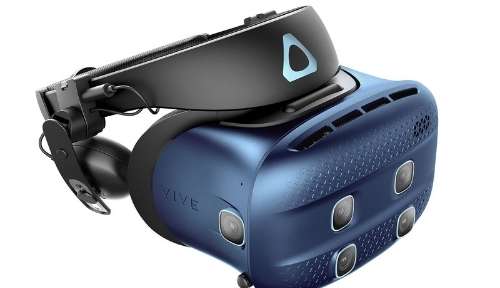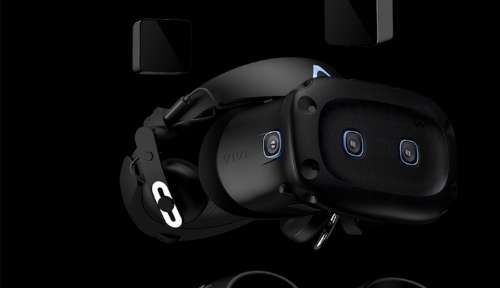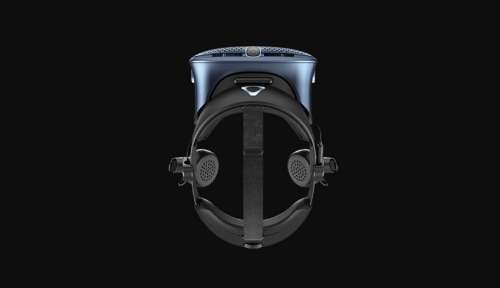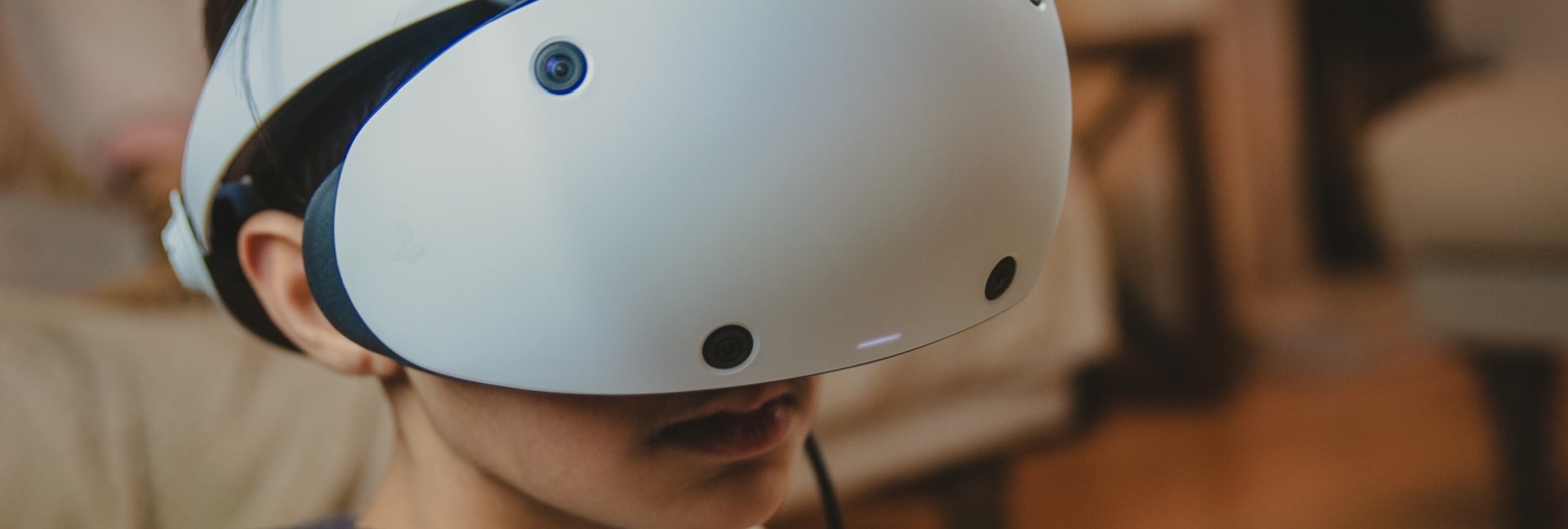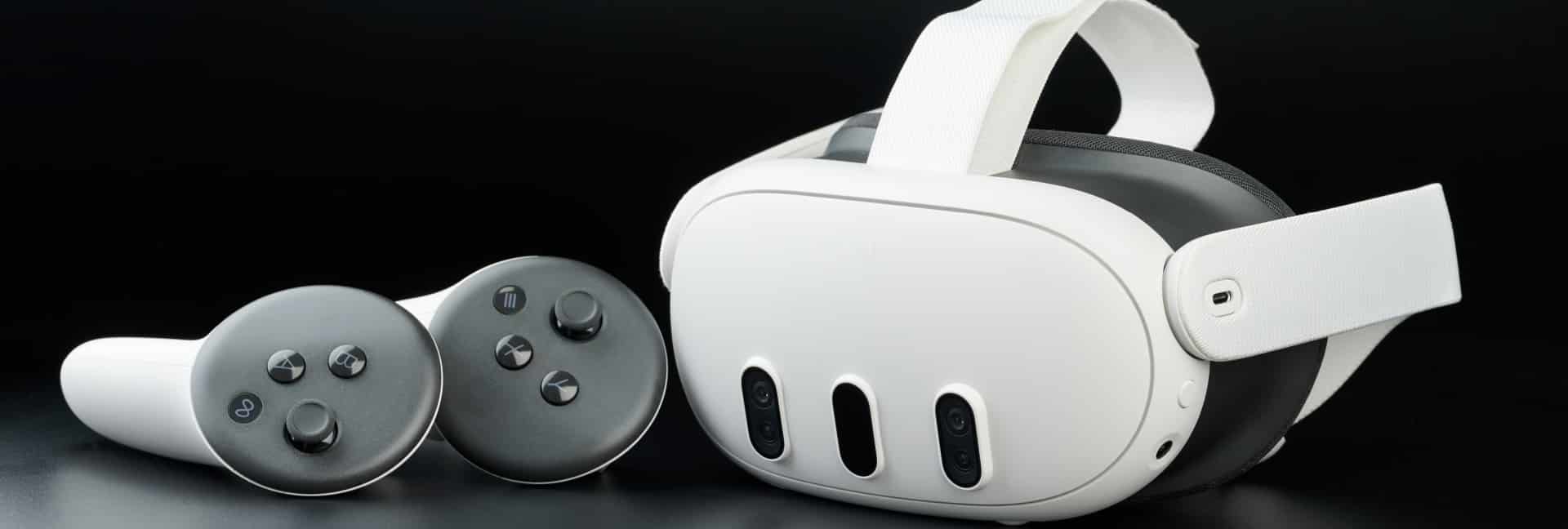According to recent reports in The Information, Google and Meta met last year. During the meeting, Meta was asked to partner with Google and contribute to the new Android XR platform that Google is working on. Meta reportedly said, “No.”
This claim comes from a “person involved in the talks”. But since The Information published their article, Meta’s CTO, Andrew Bosworth, has posted on Threads stating that this didn’t happen and how they’d love to work with Google and “you can tell they got this story from Google”.
So, what’s the truth here? And what do we know about Google’s Android XR project?
As with anything relating to Meta and Google, nothing is ever as clear as it seems. Let’s dig into this story to understand what’s at stake.
What Did the Article in The Information Claim?
According to The Information’s source, Google and Meta met late last year to discuss the potential for using Android XR on Meta’s range of popular headsets. The article said that Meta turned Google down, despite the fact that using the new operating system could mean Quest headsets would have access to a trove of standard Android apps via the Play Store. Google is reportedly still open to the relationship.
By partnering with Google, The Information suggests that Meta would be prevented from owning “the next computational platform for AR, VR and mixed reality”. A partnership would also mean that Meta would contribute to Android XR’s development instead of having more direct control over its platform.
Don’t Quests Already Run On Android?
Meta Quests run on a fork of the Android open-source code. The Android Open Source Project allows anyone to download code to create their own operating system based on Android. This is similar to the OS used by Amazon on their Fire Sticks and Fire tablets.
The OS that runs on Quest headsets doesn’t have access to Google’s Play Services and as a result, loses out on the potential to run countless apps found in the Play Store. The only way Quest users have had access to many of these Android apps is by sideloading them
Has Google Ever Made a VR OS?
Meta’s version of Android first appeared on the Oculus Go back in 2018. But that’s not to say that there wasn’t an Android VR OS. 2018 also saw Google put its hat in the ring when a Lenovo headset was launched, which ran Daydream, Google’s purpose-built OS with access to Google Play Services and the Play Store, as well as Google Apps.
The Lenovo headset was the only device to use Daydream, and Google abandoned the platform in 2019. They would subsequently do the same thing with the Stadia gaming platform which they launched in 2019 and abandoned in 2023.
Google and Samsung in Partnership
Last year, Samsung announced its plans to launch a mixed-reality headset and that Google was working on the operating system. Google confirmed this, and last summer it was reported that the operating system would go by the name “Android XR” blending aspects of Google’s Android Open Source Project along with their own closed-source elements.
Although Samsung will be the first to market with the headset using the new operating system, Google wants to see Android XR adopted by other manufacturers. Google has reportedly begun pitching the new OS to various XR manufacturers, although it’s unclear who has been approached and whether anyone has accepted yet.
Meta’s CTO Speaks Up
After the article in The Information was published, Andrew Bosworth took to Threads and said,
“After years of not focusing on VR or doing anything to support our work in the space, Google has been pitching Android XR to partners and suggesting, incredibly, that WE are the ones threatening to fragment the ecosystem when they are the ones who plan to do exactly that.
We would love to partner with them. They could bring their apps to Quest today! They could bring the Play store (with its current economics for 2d apps) and add value to all their developers immediately, which is exactly the kind of open app ecosystem we want to see. We would be thrilled to have them. It would be a win for their developers and all consumers and we’ll keep pushing for it.
Instead, they want us to agree to restrictive terms that require us to give up our freedom to innovate and build better experiences for people and developers—we’ve seen this play out before, and we think we can do better this time around.”
According to Bosworth, Meta had previously asked for Play Store access on Quest, but Google refused. Taking to X, Bosworth even claimed that if such a deal came to fruition, Google could keep the entire revenue for any 2D apps.
The Pros and Cons of a Meta/ Google Partnership
Providing Play Store access to Meta headsets would benefit both companies. Although Meta owns eight VR game studios and has a vast selection of immersive games and apps, access to Android apps would enrich the user experience with a comprehensive library that allows cross-device access.
By working with Google, Meta devices would also fully integrate with a user’s Android phone, sharing access to Photos, passwords, bookmarks, and more.
A partnership between Google and Meta would turn the Quest into an even greater adversary in the battle against the Apple Vision Pro.
The question is, what would a Google/ Meta partnership look like in practice? The Information article indicates that Meta would have input in the core design of the operating system, but in situations where the two companies couldn’t agree, Google would have the final say.
This makes Meta dependent on Google. Given how quickly Google dropped its previous VR operating system, and the Stadia gaming platform, Meta may be reluctant to get involved in a project that could end up shelved soon after being launched.
Meta and LG Relationship
Elsewhere recently, Meta and LG confirmed a partnership that will include developing next-generation mixed reality devices. This announcement follows news from various South Korean news outlets that LG will handle the production of future Quest Pro headsets. It’s believed the first headsets will launch next year and retail at around $2000.
This suggests that Google and Meta have very similar XR strategies in place, both of which are working to attract platform adoption from hardware manufacturers.

